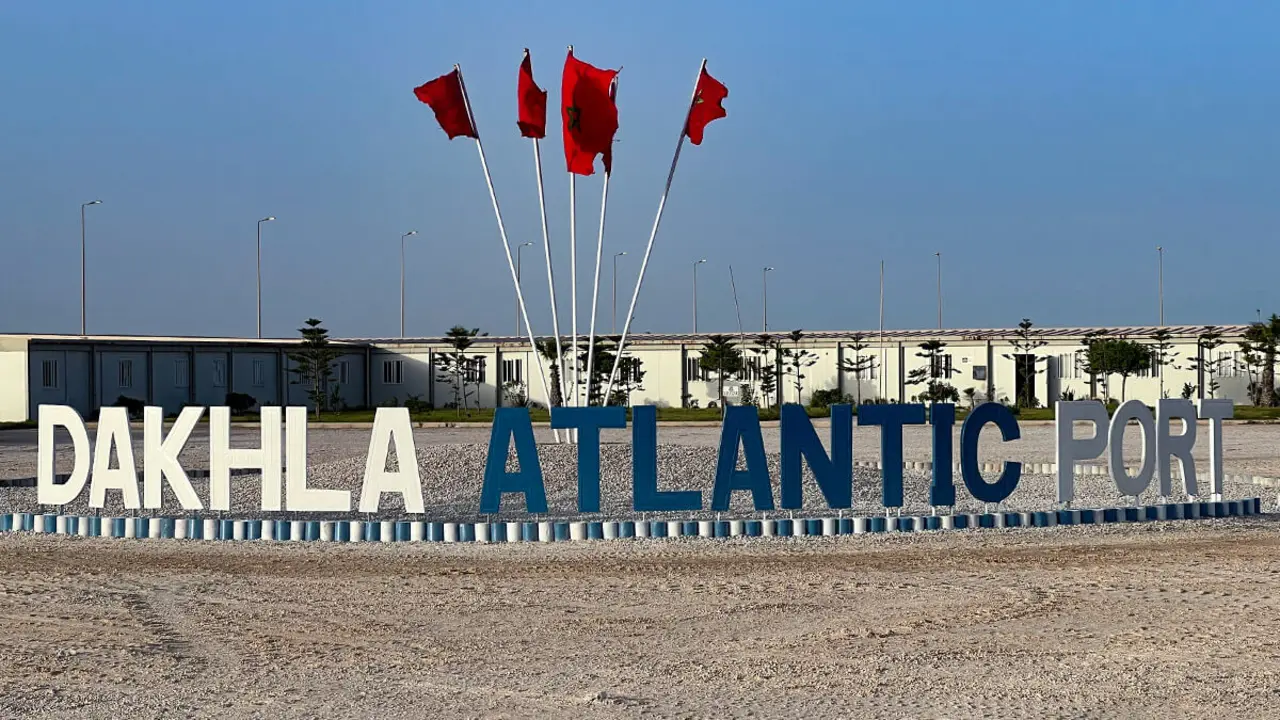The evolution of the Saudi Arabian restaurant sector

Wajdy Al Ghabban, CEO of Catrion, discusses the potential of Saudi Arabia's restaurant industry, as well as digitalisation in the sector and its relationship with Saudi Arabia's Vision 2030 initiative.
How do you assess the potential of the foodservice sector as an investment opportunity, both aviation and non-aviation?
The Saudi Arabian catering sector has multiple characteristics that make it an attractive long-term investment proposition in both the aviation and non-aviation segments. The Saudi economy is diversifying and experiencing growth beyond oil revenues, leading to increased business activity and consumer purchasing power. Naturally, this raises demand for catering services in multiple areas of the economy. At the same time, the Kingdom has invested heavily in infrastructure development, particularly in airports and other transport hubs. This infrastructure growth is expected to have a positive impact on air travel, increasing demand for in-flight catering services.
Saudi Arabia's focus on boosting tourism through Vision 2030 is expected to attract millions of additional international visitors. This increase will benefit the hospitality industry, including catering services in the non-airline segment.
In addition, the country's young and increasingly affluent demographic profile contributes directly to a growing appetite for outdoor dining experiences and catering services. On the regulatory front, the Kingdom has made progress in creating a business-friendly environment. Recent reforms aim to improve the ease of doing business and stimulate domestic and foreign investment in sectors such as catering. Cultural factors also contribute to sustained demand. The importance of food in social and family gatherings in Saudi culture provides a stable market for catering services.

What are the main challenges and opportunities for the digitisation of catering?
The adoption of new digital technologies requires upfront capital investment, staff training and the development of new operational processes. A strategic approach is vital to ensure seamless integration and minimise operational disruption. Digitalisation also brings with it the imperative of data security and privacy. The increased use of operational and customer data increases the need for robust cybersecurity measures and compliance with data protection regulations. This critical challenge must be properly managed to maintain customer trust and safeguard confidential information.
Digitalisation also presents a significant opportunity for automation, particularly in areas such as inventory management, order processing and delivery tracking. Automating these processes can result in increased operational efficiency, reduced costs and accelerated service delivery. In addition, digital platforms can significantly enhance the customer experience by offering features such as online ordering, interactive menus and real-time customer service. These digital tools increase customer convenience and satisfaction.
Data analytics facilitated by digitisation can provide invaluable information on customer behaviour, market trends and operational performance. This can enable companies to make well-informed decisions, streamline processes and improve service quality.
In addition, digital platforms can serve as a nexus for improved collaboration between businesses, customers, suppliers and partners. Better communication can lead to greater coordination, transparency and service quality.

To what extent can training and development programmes in the foodservice sector equip the workforce with the skills needed for the changing demands of aviation and related segments?
Catering training and development programmes play a critical role in preparing the workforce for the rapidly changing business environment, particularly in aviation and related segments. These programmes offer rigorous training in technical skills. This encompasses a wide range of operational competencies, from food preparation and safety protocols to compliance with industry-specific standards. These technical skills are essential to maintain operational integrity.
Particular attention is being paid to customer service. Given the aviation industry's emphasis on customer satisfaction, training modules frequently include effective communication and interpersonal skills, enabling employees to provide superior customer service.
These programmes also hone other crucial skills, including adaptability and flexibility. With changing demands in aviation and related fields, employees must be able to adapt to changing circumstances and customer preferences. Training programmes aim to instil this level of adaptability to ensure effective responses to such changes.
Training programmes provide valuable information on current industry trends, emerging technologies and market demands. This approach ensures that the workforce is kept up to date with the latest developments and is empowered to make informed decisions relevant to their roles.








